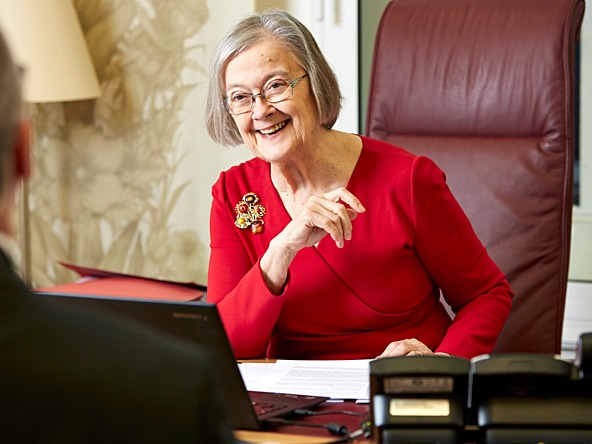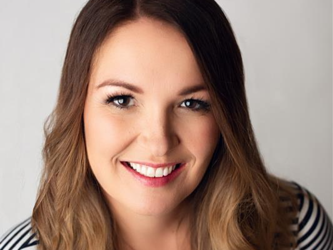Rule of law vital, says Baroness Hale

Speaking in the opening session of Impact 2022, Hale, who served as president of the UK Supreme Court between 2017 and 2020, said that the separation of powers between the three branches of governance – government, parliament and the judiciary – was vital.
“The rule of law means many things, but the first thing it means is that the whole of society is governed by laws and not the whims of individual people,” Hale said. “That means, therefore, that government and those in power are as much subject to the law as everybody else is.”
She added that the great thing about working in the judiciary was that it afforded her the opportunity to not just understand the separation of powers theoretically but also putting the theory into practice.
Prorogation
As president of the Supreme Court, Hale presided over the court’s examination of the legality of the UK government’s decision in 2019 to prorogue parliament for five of the eight weeks leading up to the deadline for the UK to either agree a deal with the European Union or depart without one in place. Hale said the arguments went to the essence of the prime minister’s role within the constitution, and the court eventually found against the government.
The ruling reversed the prorogation on the grounds that the government’s decision went outside of the powers it had under the constitution and undermined parliamentary supremacy.
Hale said that the ruling was outside of the arguments of the rightness or wrongness of Brexit and underlined how important it was for the court to put the public debates on the issue to one side when deciding on the legality of prorogation. “The feeling is that you have a job to do, and you haven’t got to let the arguments that were about something completely irrelevant get in the way,” Hale explained. “Whether we should or should not have left the European Union was not the argument. We were not concerned about that one little bit. We were concerned about the relationship between government and parliament.”
Law was more certain than people’s recollections of facts, Hale said, but added that grey areas still remain that judges need to examine and interpret. “There is never a certain outcome to a question of fact,” she said. “Unless there has been an incontrovertible film of what happened, mostly people’s recollection of facts is very faulty and the outcome is never certain.
“The question of law, you would like to be certain and it often is. But there are situations where it is not as certain as all of that. Like questions over interpretations of words – what did people mean by this? What, objectively, do the words mean? Do we go for subjectivity or objectivity?”
Equality
Hale also reflected on her career, in which she often worked in environments dominated by men. She said that in her youth, there was no obvious trajectory for a career such as her own for women.
She also reflected on her education. “There was an expectation of education, of hard work and of going to university,” Hale recalled. “I was one of three girls, and we were all expected to go to university at a time when only 2.5% of girls in that age group went to university. It was quite an ambitious thing for our parents to have for us and for us to have for ourselves.
“At every stage of my career, I have got to a particular place, and then regrouped, rethought, adjusted and considered what was the next step.”
Hale also faced a challenging environment at Cambridge University, where she studied and graduated in law. “When I got to Cambridge, there were a lot of people there who took for granted that they would have the sort of career that I had never thought of, like being a top barrister or solicitor. There were a lot of entitled young men in Cambridge when I was there, and I found them challenging and irritating. They made me want to show them that other people could do the same, and specifically women.”
Imposter syndrome, said Hale, was a common feature in her career, and she had got over the issue by realising that “you are there because someone thought you could do it, and if someone thinks you can do it you should try to prove it”.
“There were some jobs where they weren’t yet ready to have a woman, especially a woman as outspoken as me,” Hale said. “You just have to carry on – you have to go on regardless.”

We hope you enjoyed this article.
Research Live is published by MRS.
The Market Research Society (MRS) exists to promote and protect the research sector, showcasing how research delivers impact for businesses and government.
Members of MRS enjoy many benefits including tailoured policy guidance, discounts on training and conferences, and access to member-only content.
For example, there's an archive of winning case studies from over a decade of MRS Awards.
Find out more about the benefits of joining MRS here.














0 Comments